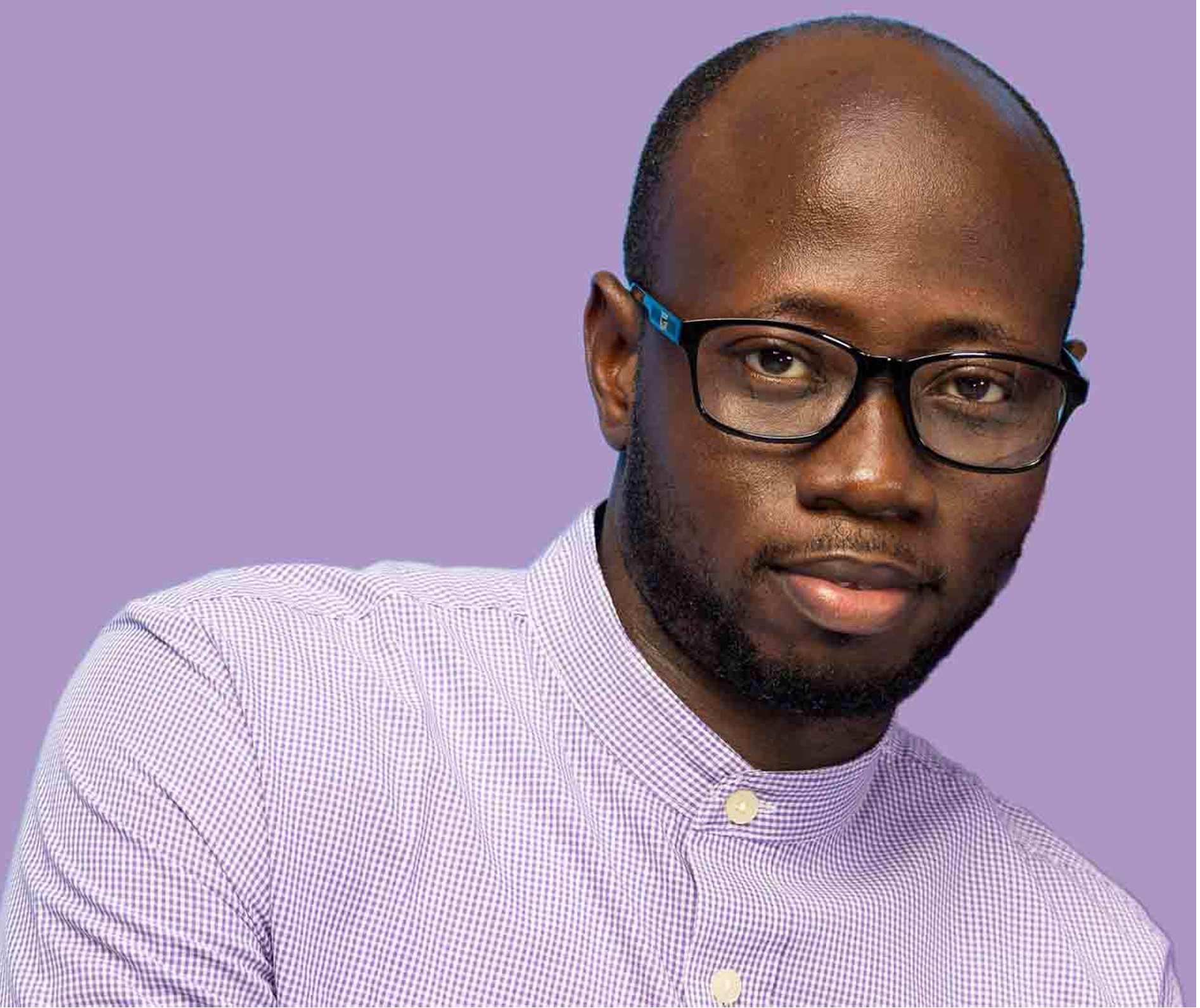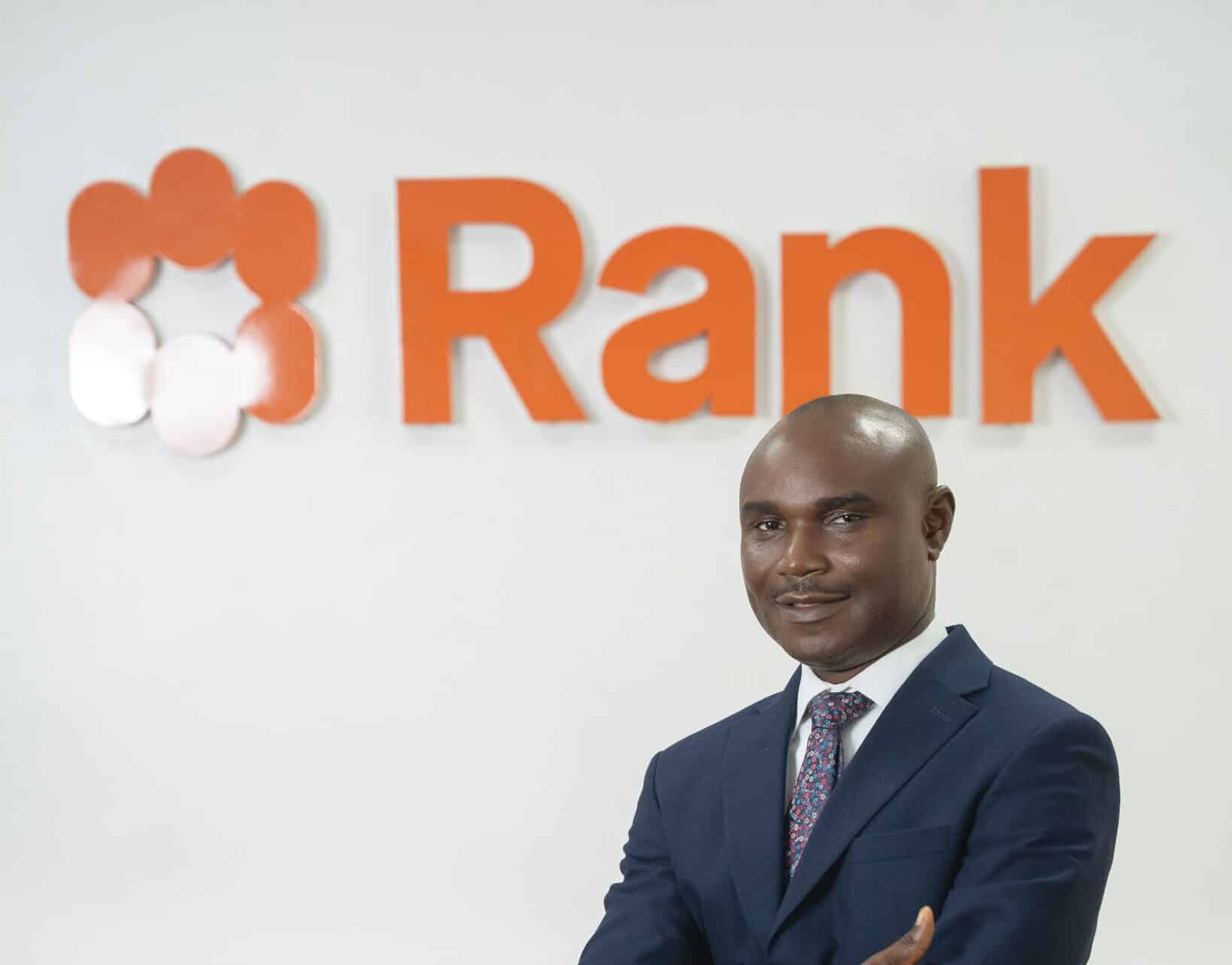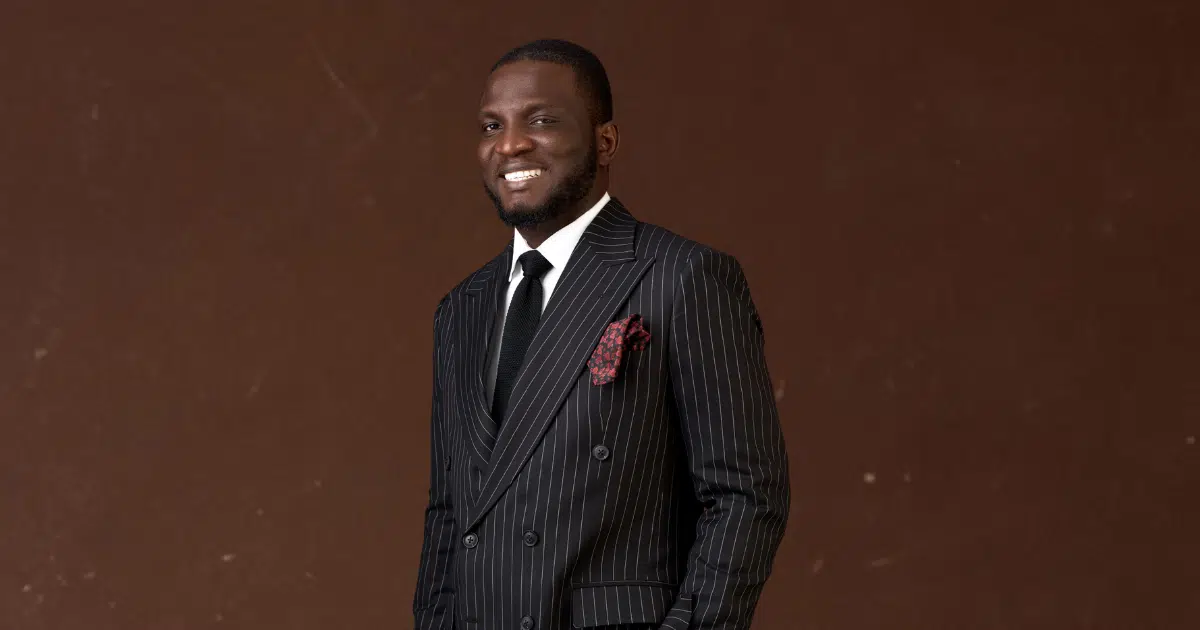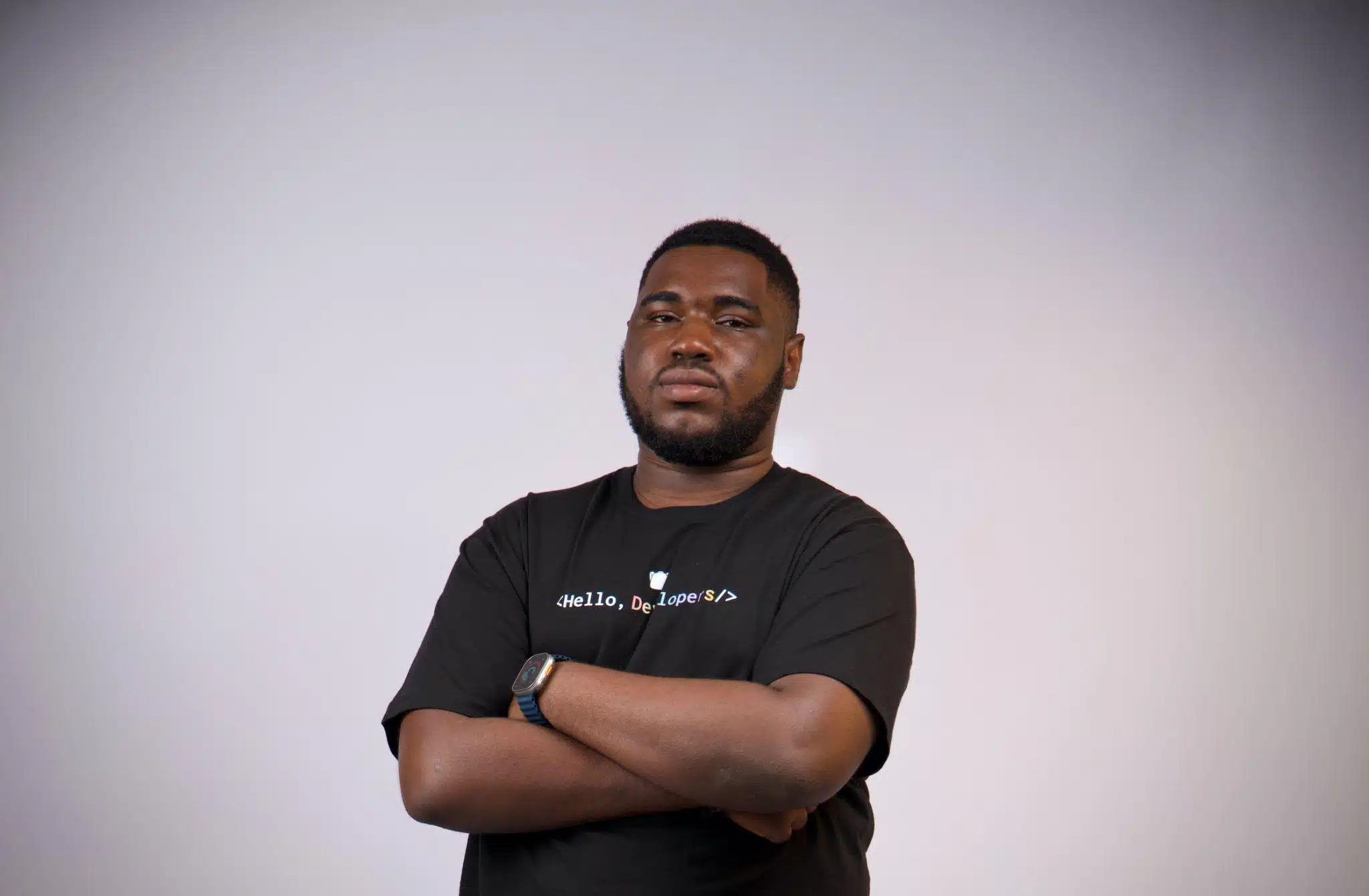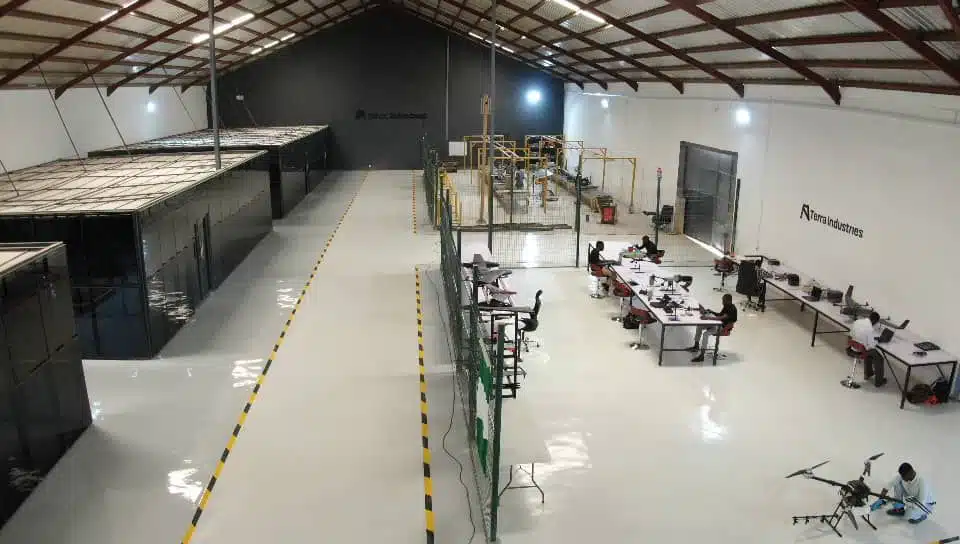From being one of the first kids in his neighbourhood with access to a computer to building one of Senegal’s top AI-powered audio platforms, Boubacar Djiba started his music tech journey thanks to his father’s Computer Science career and a love for international music.
What began as an FL Studio experiment in school evolved into producing for artists, earning a major placement with Black M’s Skyfall, and eventually managing an independent label. After six years of research and collaboration, he launched Senmixmaster, an AI-powered mastering platform built to change sound engineering for the majority of African artists who lack technical resources.
In this edition of After Hours, we follow Djiba’s journey from trying out plugins and sound production tools to leveraging artificial intelligence for music.
Early interactions with technology
I was blessed to be initiated into technology very early. My dad was a computer scientist working with one of the big telcos in Senegal, and he was always ahead of his time when it came to computers, telephones, and anything tech-related. He was the first person who introduced me, my brothers, and my sister to computers. I still remember that we were the first family in our neighbourhood to own a computer.
Because of that, I naturally started teaching my friends how to use one. We set up a small informal “training” arrangement where they could come over, use the computer, and learn. That curiosity pushed us further. We learned how to open up a computer, do basic maintenance, replace graphics cards, and even fix issues ourselves. Eventually, my brothers and I weren’t just repairing computers; we were installing operating systems and experimenting with different software.
Those early experiences sparked curiosity. I went on to learn website development, graphic design, and a range of creative digital skills. Looking back, I know how fortunate I was to access all of this at an early age. It shaped how I see technology today, especially now that AI tools accelerate productivity for artists, enhance sound quality, and generally push the limits of what’s possible in music and creativity.
Senegal also has a vibrant AI community with camps, trainings, and initiatives designed to help people access and understand AI. Being part of that ecosystem helped me imagine how music and tech could blend. I’ve always been the kind of person who goes deep into the technology behind things. Whenever I downloaded VSTs or plugins, I wanted to know how they were made. That curiosity pushed me into research, online tutorials, and courses in web development, app development, and more. All of this placed me right at the intersection of music and technology.
My journey into music production
My love for music also started early. My dad bought me instruments, and my obsession with American music made me curious about sound and how it’s created. I began with FL Studio 3 and other Digital Web Stations like Music Magic Maker and Ejay. In school, I produced for my friends, and requests started coming from artists who liked the way I produced and engineered sound.
Although I’m self-taught, I had the privilege of learning the basics from friends, especially a friend named Yaya Ba. He was the first person who really showed me how to use the Fruity Loops software. After that, I’d locked myself in my room for hours, practising, experimenting, and building my craft.

Victoria Fakiya – Senior Writer
Techpoint Digest
Stop struggling to find your tech career path
Discover in-demand tech skills and build a standout portfolio in this FREE 5-day email course
I relied heavily on YouTube, Berklee Online, and Full Sail University’s digital courses. I once dreamed of attending Full Sail physically, but it was far too expensive, so I taught myself instead. As long as I maintained good grades in school, my parents allowed me to pursue music.
Opportunities began to open up. I signed a publishing deal with Spike Miller, a producer from Paris. That led to my first major placement with Black M for a song called Skyfall, which hit number one on Trace and across iTunes and other platforms. That placement positioned me as one of the first producers locally to land such a big record.
From there, I built my independent label called Vazy Music, started managing producers, and began nurturing talent across Senegal.
The birth of Senmixmaster
Around 2015–2016, I started researching AI mastering services, transformer papers, datasets, and international companies experimenting in that space. It took about six years of research, development, and collaboration with sound engineers, developers, and technical partners to build what eventually became Senmixmaster.
The idea for Senmixmaster was inspired by the constant messages from artistes asking how to achieve high-quality sound. Many couldn’t afford mastering, and quality sound engineering requires expertise that not everyone has access to.
Even though I’m self-taught, I spent years learning from pioneer engineers in Senegal and through online resources. My background in American literature and civilisation also pushed me to master English so I could learn from global experts.
Senmixmaster is Africa’s first AI-powered mastering and audio enhancement platform. The goal is to democratise mastering for the 70–80% of African artistes who currently lack access to high-quality sound engineering. Mastering is expensive, studios aren’t always accessible, and many artistes simply don’t have the resources.
Senmixmaster changes that by offering world-class audio quality, with mobile money integration and simple, user-friendly workflows. Even those in rural areas can be able to access and use the platform.
Technology and communication
Technology has transformed communication completely. Even our grandparents use WhatsApp for video calls and all. I can talk to family members across continents as if we’re in the same room. Even in business, technology is ingrained in every aspect. And there are group chats that can keep childhood friends connected.
But this new era also means we often replace depth with quick interactions; a like or a short comment instead of a real conversation.
Now, I try to be intentional about picking up the phone for proper conversations.
Social media taught me to be more concise and visual, that is, to think in stories and short videos. With design tools like Adobe Express, Canva, and AI-powered presentation platforms, creative expression has been democratised.
Technology also expanded my network globally. Many relationships started online before moving to real-life collaborations, conferences, or meetings.
Music-wise, DAWs and plugins have transformed how I translate emotion into sound. I can craft melodies, rhythms, and soundscapes instantly and share them with the world. YouTube has also helped me learn from a variety of teachers and perspectives.
I try to take breaks sometimes, mostly to protect my eyes and my health. Breaks help you become more present in your real environment. It helps me reconnect with reality while still feeding my curiosity at my own pace.
One platform I cannot do without now would be FL Studio, and maybe other digital tools I use to produce music. If I were to name a social platform, it would be WhatsApp andof course, Senmixmaster.
The future of work and community
The biggest shift in the next five to ten years will be moving from tools we command to tools we collaborate with. AI will become a true co-pilot, suggesting creative directions, helping brainstorm, and handling technical work.
But I don’t think the change will be explosive because we’re already witnessing much of it: virtual reality, immersive audio, immersive video, are all already reshaping our world.
For Africa, technology will help communities solve real local problems, not just global ones. Digital literacy and ethics will be crucial, especially as AI is becoming central to everything.
The real gap won’t only be digital; it will be intellectual, between those who understand how to guide AI and those who consume it passively.

